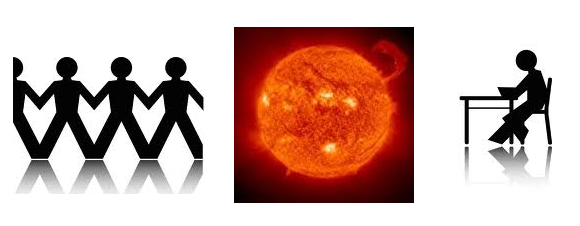Normally any interviewer tries to check whether a candidate is suitable for the present job or not with respect to attitude towards the work and knowledge about the field by asking suitable interview questions. Based on the type of job or job profile, the interview asks basic questions from different subjects.
If the student has grasped the engineering syllabus or course from the point of the basic concept of view, he/she must be able to answer the following questions. Read the following interview questions. These questions might be helpful in the GATE examination too.
Table of Contents
Interview Questions on Thermodynamics
1. When a real gas behaves like an ideal gas?
Ans: A real gas behaves like an ideal gas in low-pressure and high-temperature conditions.
2. What is the significance of entropy?
Ans: As per the second law of thermodynamics and entropy viewpoint, any heat input to the system (Heat engine) cannot be converted completely into useful work. Some energy is lost and that is called ‘unavailable work’. The number of unavailable work increases as entropy increases.
3. What is the difference between heat transfer and thermodynamics?
Ans: Heat transfer deals with energy analysis which is in transition and depends on the modes of heat transfer like conduction, convection, radiation, or a combination of any modes. Heat transfer deals with the nonequilibrium domain and conditions while thermodynamics deals with the study of the system at equilibrium and does not depend on how heat transfer is calculated.
4. At which temperature thermal radiation can become zero?
Ans: Not possible. Because thermal radiation becomes only zero at absolute zero temperature which can never be attained by the third law of thermodynamics.
5. Why Specific heat at constant pressure is greater than Specific heat at constant volume?
6. What is the significance of the compressibility factor?
7. What is a dead state?
8. Why Zeroth law of thermodynamics is called ‘the Zeroth law?
Conclusion:
These interview questions are solely based on the laws of thermodynamics and entropy concepts. These can be really helpful to all those students and graduates who are going to apply for any post related to industrial positions in thermal companies or in academic positions like a professor/teacher in engineering college.


